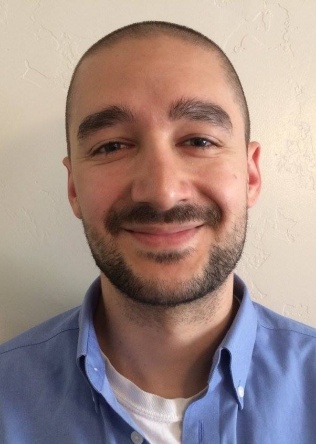DBMI Digest December 2021 Issue — Now Available!
The Vanderbilt University Medical Center (VUMC) Department of Biomedical Informatics's (DBMI) monthly newsletter, DBMI Digest, is now available to view. Read the December 2021 issue here.
Each DBMI Digest features department & faculty announcements, awards & appointments, educational & HR updates, funding opportunities and more. Each issue also includes a profile of one of our faculty, staff, postdocs and students.
